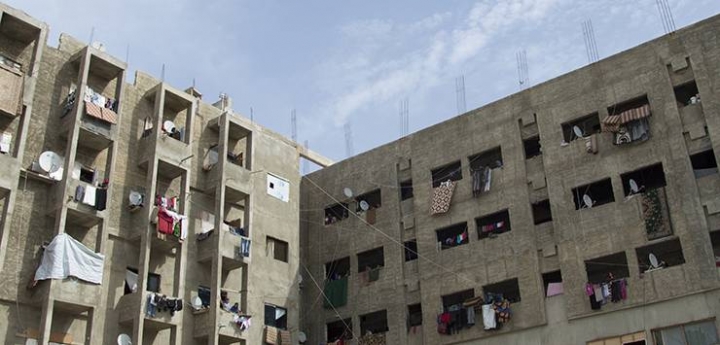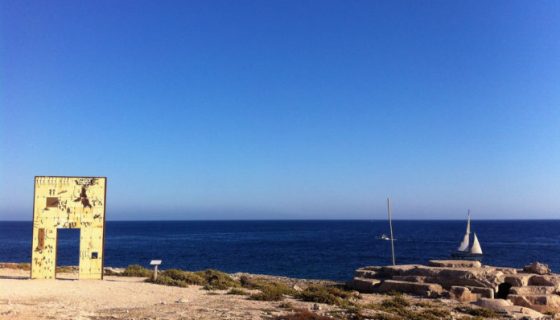- Mediterranean Hope - Federazione delle chiese evangeliche in Italia
- mh@fcei.it
The effects of the European choices can be seen on people’s faces
Matteo De Fazio – Riforma
Deportations from Greece to Turkey began yesterday under the agreement struck in mid-March aimed at easing the flow of people seeking refuge in Europe. However, things can be handled in another way if we look at reality through the lens of rights, as demonstrated by the humanitarian corridors project promoted by the Federation of Protestant Churches and Community of Sant’Egidio. “We are pleased to be able to respond effectively to current tragedies,” says Francesco Piobbichi, operator of the project. “It is a message that needs to be sent to the political establishment.” In fact, a press conference was held in Rome yesterday, where the President of the FCEI, Luca Maria Negro and the President of the Community of Sant’Egidio, Marco Impagliazzo talked openly about these two models for the management of migrant flows. The working team of FCEI and Sant’Egidio are once again in Lebanon to organise the second group of vulnerable people who will arrive in Italy through safe channels. We talked to them about their work.
Piobbichi, how is this phase carried out?
“We are currently explaining to the people we have met in recent months about the project and the reception method. This is an important step because even before their arrival in Italy we explain to them what hospitality, reciprocity and responsibility means to us. And we try to understand their problems, which are different from family to family and from person to person. For example, in a Palestinian camp in Tripoli we met a girl with two children who was starting to learn Italian; in Sidon we met other Syrian families living in a huge mansion with no windows, and with hundreds of children. In Lebanon, the situation is still very precarious, even though there is a truce in Syria and many Syrians continue to flow into the country.”
It must be very difficult to choose the people who have the right to use the corridor
The news of having opened a humanitarian channel has activated many people and organisations who send us recommendations and reports. We operate by trying to have a local network of associations and churches, both catholic and protestant, that report cases of vulnerable people who they deem most appropriate to bring to Italy. It is evident that when faced with more than one million potential asylum seekers, the 500 migrants per year of the corridor are just a drop in the ocean. However, we are sending a strong political message. I know we have a very difficult task, especially from a humanitarian perspective. We knew this before. To give ourselves strength, we tell ourselves that we are sending a political message to Europe, which is doing something completely different regarding human rights.
In fact, the first expulsions from Greece to Turkey took place yesterday.
In the words of Amnesty International, this operation is a form of collective rejection that does not take into account the principle of protection for people who are seeking asylum and who are sent back to a country that Europe considers safe: but we all know this is not so. It is difficult for us to explain these things to Syrians. Yesterday, we were talking to a family whose neighbours asked us how they could get into Europe. When we said that Turkey probably would no longer be a transit route, they started to cry. This is where we personally see the effects of what Europe is doing. What angers us is knowing how much money Europe has given Turkey, nearly 6 billion euros. You must be kidding! Imagine if that money had been given to a project such as Mediterranean Hope. In one year, we would have been able to bring three million people to safety. Impressive figures, especially in view of the current management of the border that only produces more suffering: with the closing of Turkey, people will pass from Libya, with new flows in Italy or directly from Morocco. This does not solve anything, the problem continues. Of course, without ever talking about the causes.





